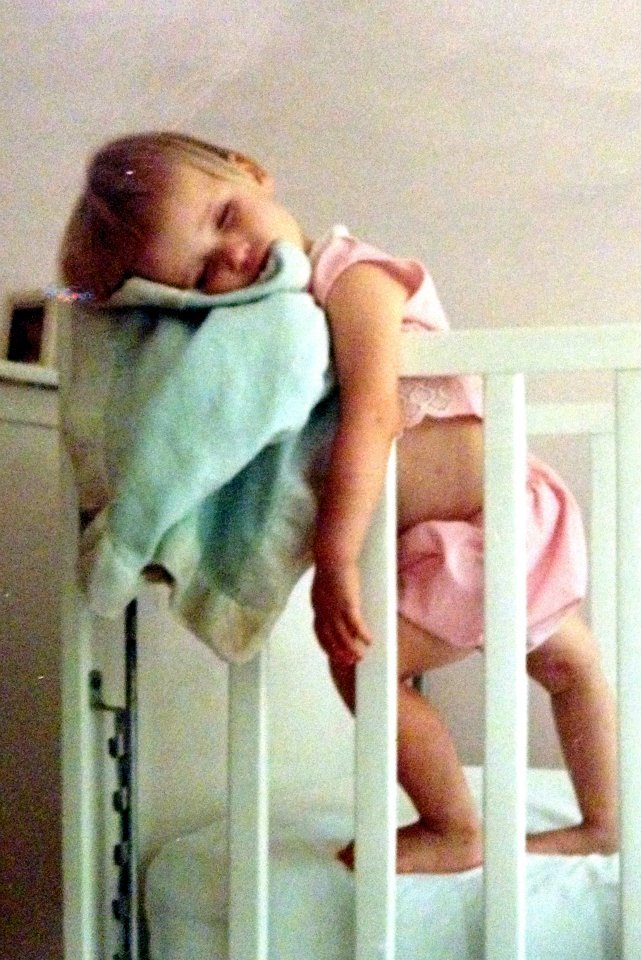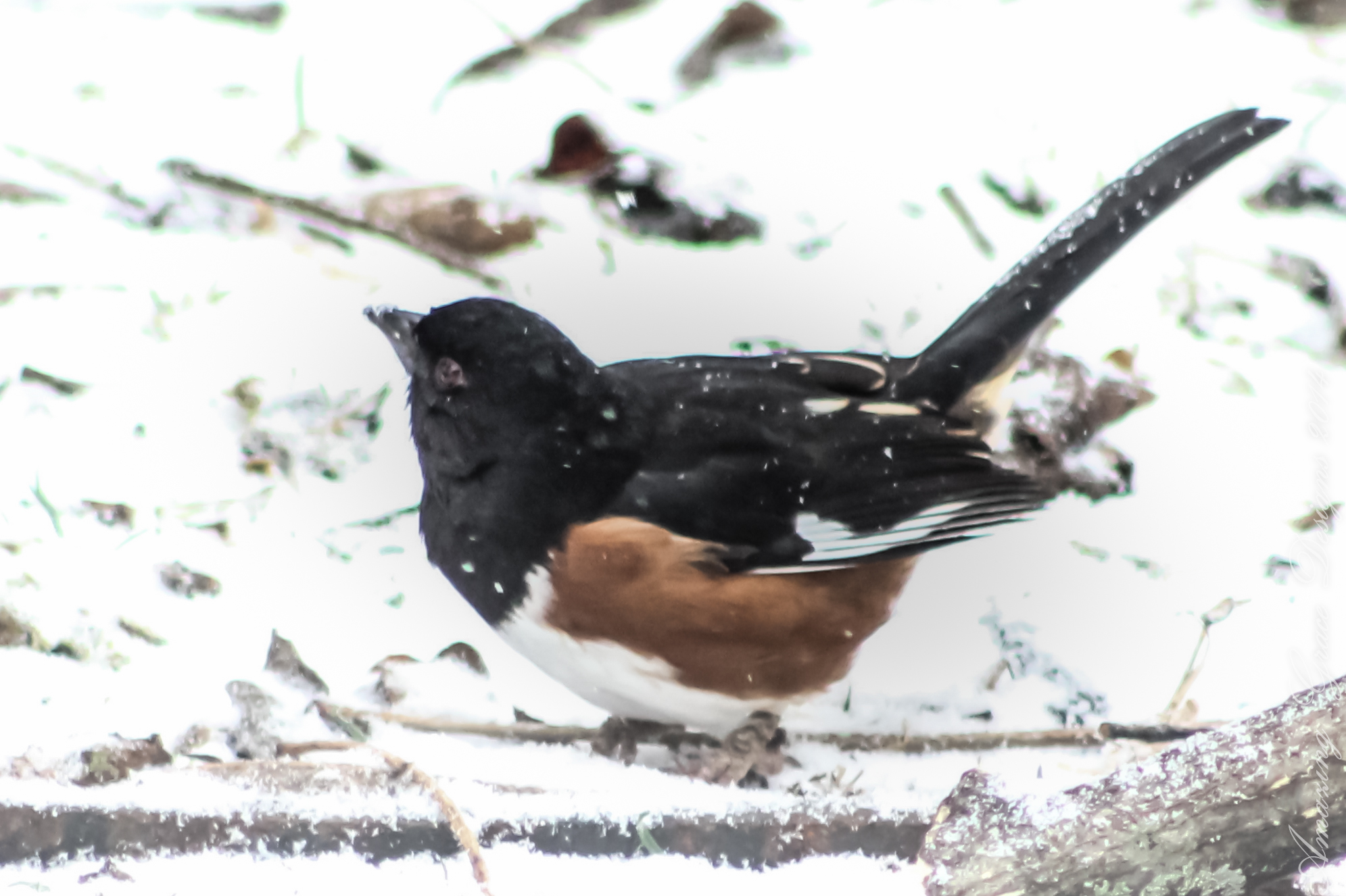Lonely in a Crowd
Lonely in a Crowd
“Where are the people?” resumed the little prince at last. “It’s a little lonely in the desert …”
“It is lonely when you’re among people, too,” said the snake.”
~Antoine de Saint-Exupéry, The Little Prince
There was a beautiful wooded area behind my house when I was a little girl. Beyond the woods was a creek, and beyond the creek was a hill. It was a place of solace for a young girl who was trying to figure out the world and her place in it. Rarely lonely when I was out there, alone, I discovered that was not always the case in a crowd of people. The snake understood that, and while loneliness among people is nothing new, it is a serious issue being experienced today, and not one of us is too young to consider its impact. People are struggling to live connected lives in the face of technology and lifestyles that isolate us.
It’s a fact. Loneliness is twice as much a threat for death than obesity. Really? Yes, it’s the truth. People are starving for relationship more than they are suffering from too much fast food. A study in the UK in 2010 revealed that, in general, the younger you are, the more likely you are to feel lonely often (12%) and the more likely to have felt depressed because you felt alone (53%).
- Generally, we, as a society, are concerned about people we do not know.
- Often, we travel many miles to help people unrelated to us. We want to hear their stories and bring hope into their lives.
- Occasionally, we find strangers in our communities to whom we can reach out, offer help, and offer a hand.
- Frequently, we expect friends or members of our families to ‘get it together’ when life has thrown tragedy or struggle their way.
- Rarely, we take time to listen to the stories of the people closest to us.
- Lately, our society has become a lonelier place to be, despite the hundreds of friends we might find we have on social media.
- Now, we should re-evaluate the importance of those closest to us and take time to hear them, to know their stories, to live as if they matter in our lives.
In small doses, being alone is not lonely. In fact, I treasure time alone to recharge my spirit. So how, then, do we find that we live in a society full of people, (more than 7 billion, with 273 babies born each minute and only 108 people dying in that same time) and yet there are so many lonely people? Interestingly, those of you over 55 experience less loneliness than those of us under 55, specifically those in the 18-34 age group are the most likely to feel lonely. The older we are today, the more likely it is that we have the benefit of established relationships and, I think, the more likely we are to recognize the need for relationships.
This appreciation for relationship is typically not the case for a generation of people who have mainly experienced relationships within the confines of social media.
My father got home every afternoon just before 4:30. We ate dinner as a family at the same time. For years, there was a map of the United States on the wall beside the kitchen table, and we would quiz each other about anything on the map. We played games together. Your America taught me about my country, but it also taught me how to play by certain rules and how to be with people. The experiences of my youth taught me how to interact with people. From visits to the nursing home on Thursdays to Friday nights spent with cousins while our parents played Bridge, I was put in situations that required me to adapt and to be in relationships with other people.
Today, my husband and I will often use our smart phones as conversation starters and as answer books for our ‘can’t recall a name’ moments. We still know how to have a conversation, and I believe that is because conversations have been a part of our lives. Our generation, for the most part, can balance the presence of technology and the presence of people. That leaves a mass of people coming behind us in generations that have never known life without technology, life without movies that can play repeatedly — allowing viewers to leave reality and live vicariously for great lengths of time, longer than the Saturday matinee we enjoyed.
I remember how I felt when I discovered that my mother had been a girl and then a young woman. When I heard some of her experiences, I realized that she wasn’t ‘just a mother’, but she was a person with joys and pains much like my own. Don’t be afraid to share your stories with your children or grandchildren. Allow your stories to make you real to them, to make you approachable.
Whoever you and I are, and why we live as we do, is because of the experiences we have enjoyed or endured. Life writes our story, and the people around us should be reading our pages, just as we should be readers of people. Speed reading courses teach readers to gloss over the details and grasp the bigger points in books and, sadly, the same happens in our lives.
Go. Find a person and share a cup of coffee or tea, a coke, or a beer, and a conversation. Have a few conversation starters in your pocket. Unplug for just a minute while you plug in to people and to the hope that only in the desert will you be lonely. Once you know someone’s story, even a few pages, it changes how you perceive that person, what you expect from them, and allows you to connect, which could just be the key to having a joy-filled life.



